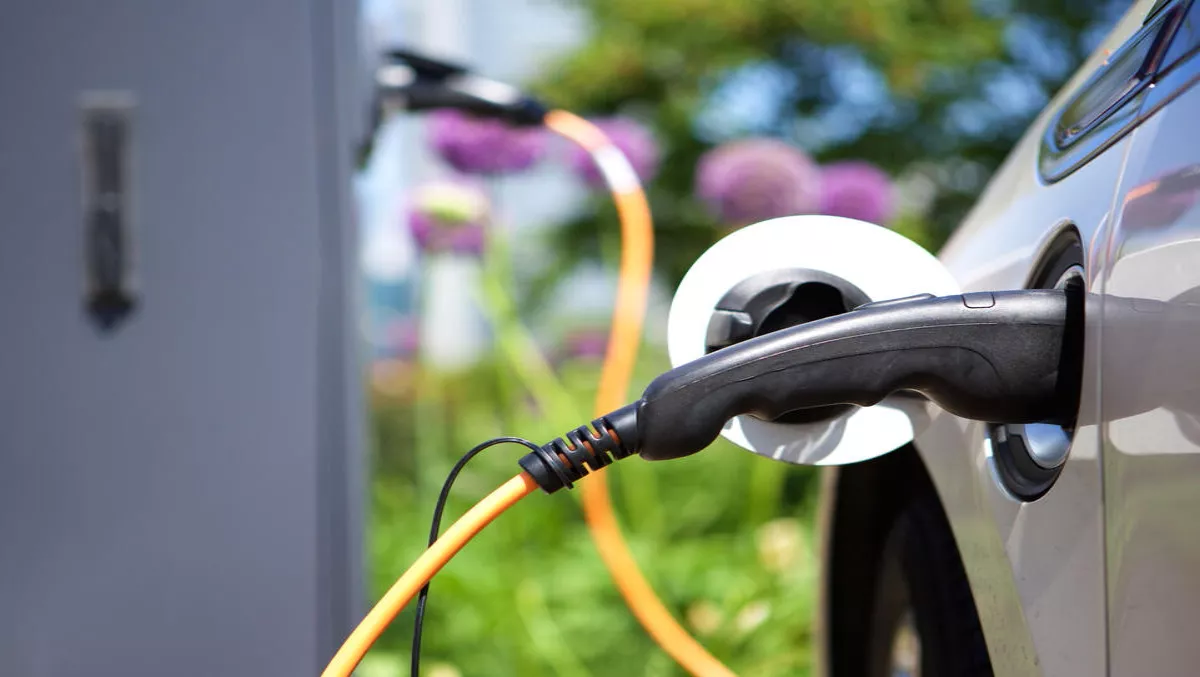
Govt builds more electric vehicle charging stations
The government has opened several new public electric vehicle charging stations, in a move Transport Minister Simon Bridges says will help ease range anxiety amongst EV users.
Bridges officially opened the new stations in Auckland, Thames and Nelson as part of International Drive Electric Week, that ran last week.
Bridges said the event, which came to a close on 18 September, was the biggest ever celebration of EVs in New Zealand with more than 40 events held around the country.
"Public charging infrastructure has an important role to help ease range anxiety and facilitate longer distance travel," says Bridges.
"While the cheapest and easiest way to charge an electric vehicle is overnight at home, having public charging infrastructure enables New Zealanders to use EVs for longer distance travelling," he says.
"New Zealand started with one public fast charging station, in Northland, in May 2014. Just over two years later we have more than 30 public fast charging stations and that number is growing by the week," says Bridges.
"More than 100 other charging stations have also opened up around the country.
Bridges says the new fast charger in Thames is a first for the Thames/Coromandel area.
"Thames provides an important link between Auckland and Tauranga and the Coromandel. As a popular tourist route, I hope the presence of a fast charger also allows visitors to our country to consider an EV for their rental vehicle," he explains.
Bridges says the new charging station at Lynn Mall in West Auckland fills a gap in the city's charging infrastructure. "Installing charging stations at destinations such as shopping malls makes it easy for EV owners to top up their car while running their errands," he says.
Bridges also opened Network Tasman's fast charger at the Richmond Library in Nelson, the first of several planned by the company over the next six months.
"We've set a target to get 64,000 EVs on New Zealand roads by 2021 but it will be a team effort," Bridges says.
"Businesses, government, local government and member organisations all have a role to play in reaching this target.
"I have asked my agencies to support councils and the private sector in developing public charging infrastructure by providing clear guidance and information around the infrastructure, and clarifying the regulatory framework.


